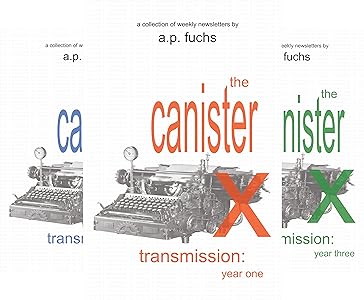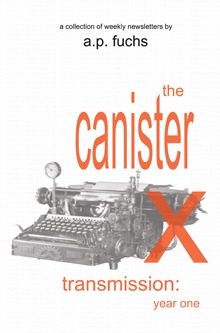Why You Should Stop Selling Your Book (and Do Something Better)
This article was originally published July 7, 2016 on the Operation Awesome Blog.
Now, repeat after me: selling your book is bad.
Very bad.
“Wait . . . what?” you say. “If I don’t sell my book, who’s going to read it? Isn’t selling my book and making money what authors are supposed to do after publication?”
I don’t know. Is it?
If you want to ensure your book won’t sell, sell your book.
Here’s what I mean:
The on-line world is loaded with authors whining and begging people to, “Buy my book!” They form groups on Facebook, which amount to nothing more than broke writers marketing their books to other broke writers. They tweet purchase links all day and hit up social networks with ads . . . then cry at night because it did absolutely nothing for them.
How do you get a following these days with everyone and their dog writing a book, publishing it and calling themselves an author?
Or how does someone who starts from scratch come out of nowhere and move copies of their work without shoving it in people’s faces? (And we’ve all seen them: those authors whom we’ve never heard of move a gazillion copies.)
To build a following, marketing your book will get you nowhere. Sure, you might catch a few sales and feel like a success story all your own—and rightly you should, to be honest—but to keep those sales going and to build a readership, you need to switch up your game plan.
You need to start marketing yourself.
Some people call this branding. What are we? Cattle? I don’t want a brand for my books. I don’t want my books to be what I’m known for. I want me to be what I’m known for. When I’m dead and gone, that’s the thing that matters, not how many books I sold.
Stop chasing the almighty dollar and start chasing the reader.
You don’t want to be known as that distant author behind a desk somewhere. You don’t want to be that high-and-lofty literary guest at some convention. You want to be that down-to-earth extra awesome person who’s a familiar face at shows and signings. You want to be that friendly and approachable on-line personality who’s a class act and is genuinely interested in interacting with their readers.
“But all I want to do is write!”
Then get out of the business, frankly. Or, if you must write, then don’t publish. As much as I’m an art-first-money-later guy, I’d be lying if I said I wouldn’t want to make a few bucks off what I do. The motivation to make cash isn’t to be rich, though. I don’t care about that stuff. I just want to make enough to live on. But I can’t do that selling my book. I have to sell me.
Let me break it down for you in really simple terms:
When you first started writing, you went through a lot of trial and error and a lot of drafts. As you wrote a few books, you noticed your style started changing and at one point you reached that magical book where everything was different and you found your voice. Since then, your voice has been your style. Writing is easier, editing is easier, coming up with stories is easier, too.
This applies to your marketing efforts. You need to find your voice. You can’t just be another author spamming the world. There are ads everywhere for everything. People ignore that stuff. But they don’t tune out unique voices . . . especially if that voice has something of value to say. This is how followings are made and grown. You become known as the author “who’s like that.” Not the author “who’s like so-and-so . . . and a million others.”
I’ve been publishing since 2003, and indie publishing since 2004. I’ve seen it all. People have come and gone. There’s been successes and failures. Ups and downs. Yet there is one thing that has remained consistent throughout all of it: the authors who found their marketing voice are the ones who are still doing well today, who have a following, and have cultivated loyal readers based on who they are and not just their work.
To be clear, I’m not diminishing the importance of putting out good books. Sometimes that can indeed be enough to build a readership (i.e. it initiates word-of-mouth, etc.). But if you’re an author lost to the din of the flooded publishing world, writing a damn good book is probably not going to cut it. You need to get yourself out there and expose yourself to readers by showing them who you are behind the page.
Some writers niche themselves and become known for a certain thing or a certain personality. Others are more broad-brush. Whatever the case, simply blasting ads everywhere isn’t going to do anything for you. But if you meet people, whether on-line or off-, and not just use it as a means to pitch them your book, you’ll be surprised at how many copies you’ll move.
Put the people first, your book/comic/whatever second. This is so important. This about reputation and, at least for me, I never, ever buy books from people who blatantly shove it in my face. I don’t care how good the cover is or what the synopsis is about. As a reader, I want to be cared for. I want to know this isn’t just a money game to the writer.
Art first, book(s) second.
And if you’ve somehow missed the point of everything above, all I’m saying is be yourself, share yourself, then share info about your book after that.
Connect with readers first, then point them to the page.
We good?







